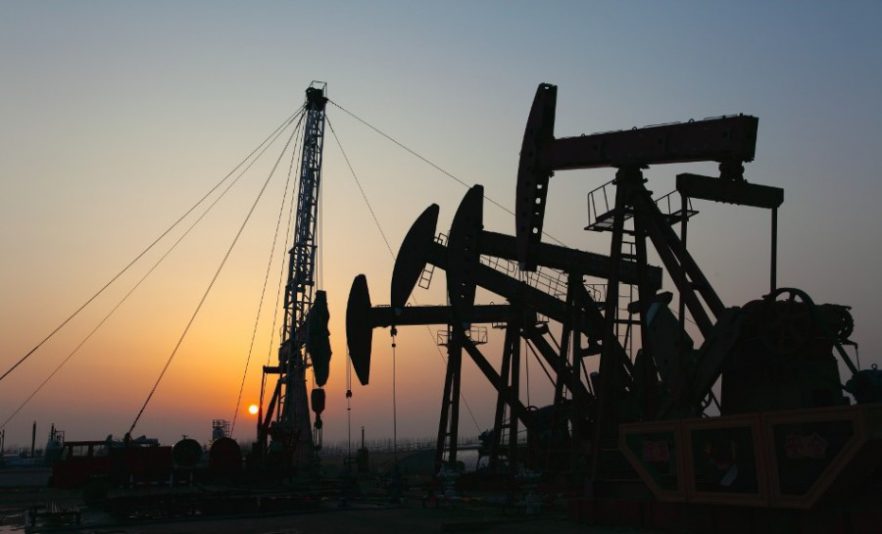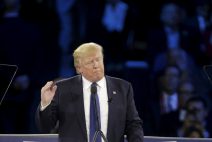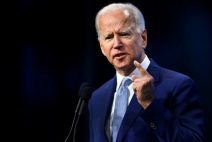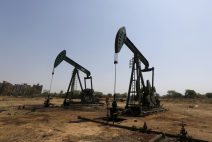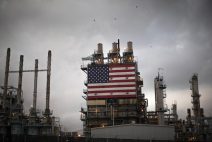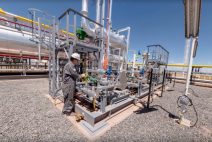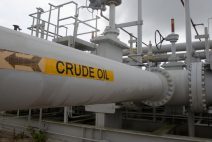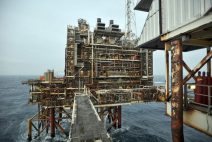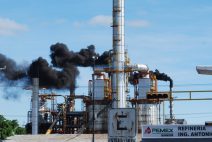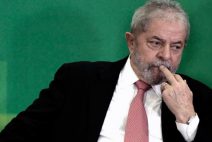Ecuador’s government will allow private companies to import and sell some fuels for industrial and commercial use, ending a monopoly state-owned Petroecuador had in the sector, the energy ministry said.
The move is one of a series of free-market reforms implemented in the oil-producing Andean country under President Lenin Moreno. The government is also seeking to merge Petroecuador with another state-owned company, and searching for a partner to refurbish Petroecuador’s Esmeraldas refinery.
The measure does not affect liquefied petroleum gas for use in homes, automobiles, or the agricultural sector. An effort by Moreno to reduce fuel subsidies last year prompted violent protests that paralyzed capital Quito.
Still, the change will likely reduce the weight of fuel imports on public finances as cash-strapped Ecuador emerges from a restructuring of billions of dollars in bonds.
“A private company putting up the money to import a product means the state can reduce the money it needs to have on hand to bring these products,” Energy Minister Rene Ortiz told reporters, adding that private companies would have to pay a fee to Petroecuador to use its ports.
The government currently spends between $3.5 billion and $4 billion a year on imports of liquefied petroleum gas and other fuels, according to Petroecuador.
The price of gasoline and diesel for use in automobiles and fishing vessels will still vary according to a system that fixes the price based on changes in the international price of crude, a measure adapted in May as part of a package of economic reforms to handle a drop in revenue resulting from the coronavirus pandemic.
